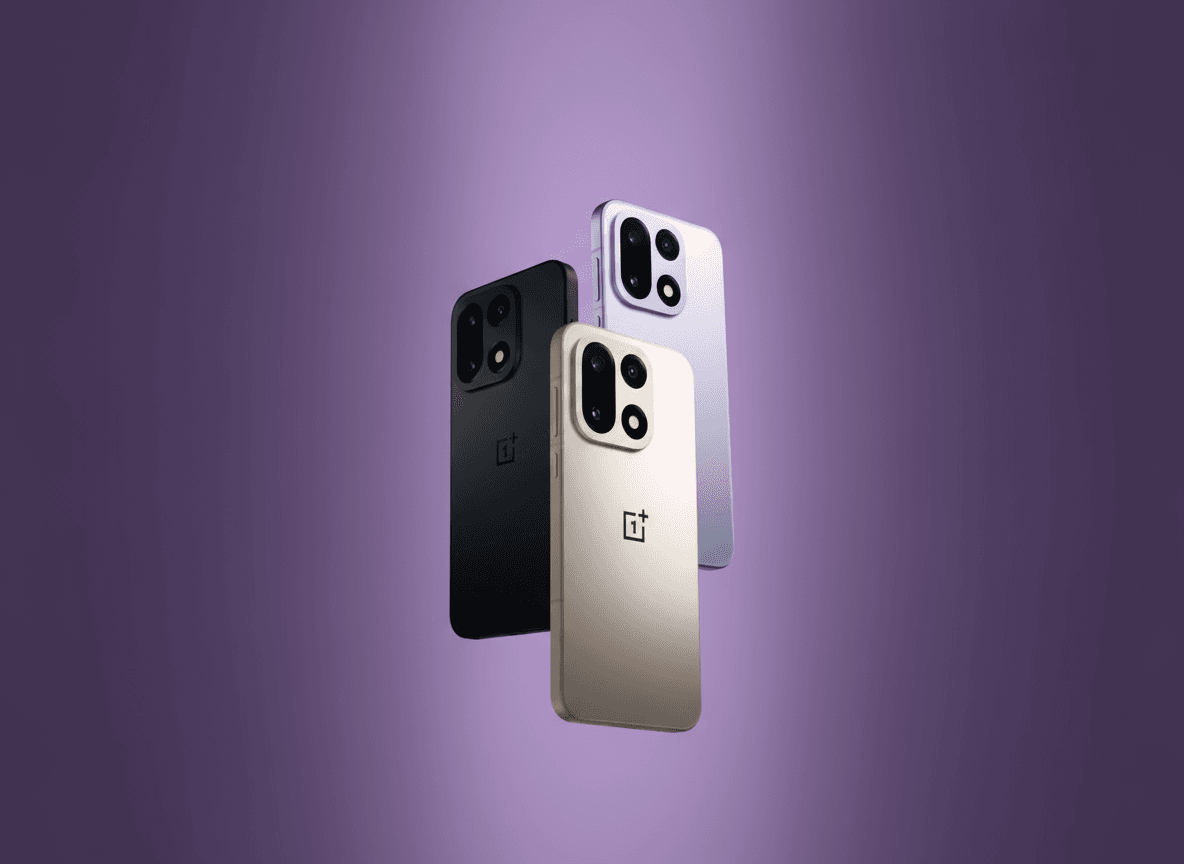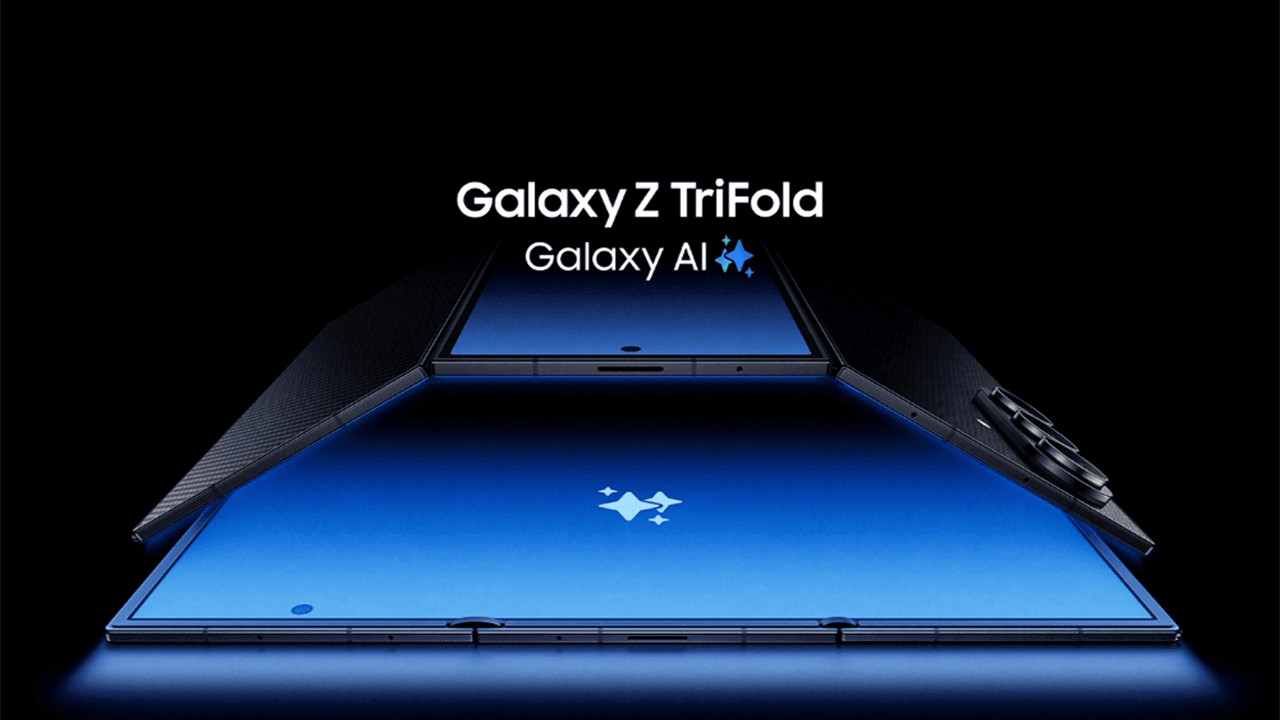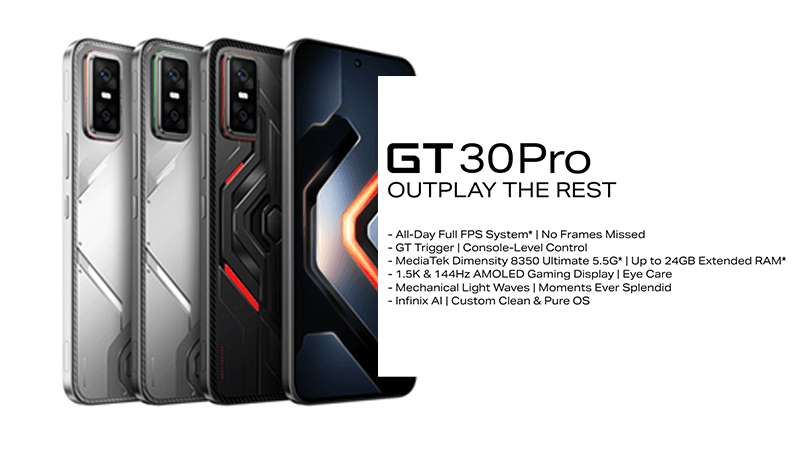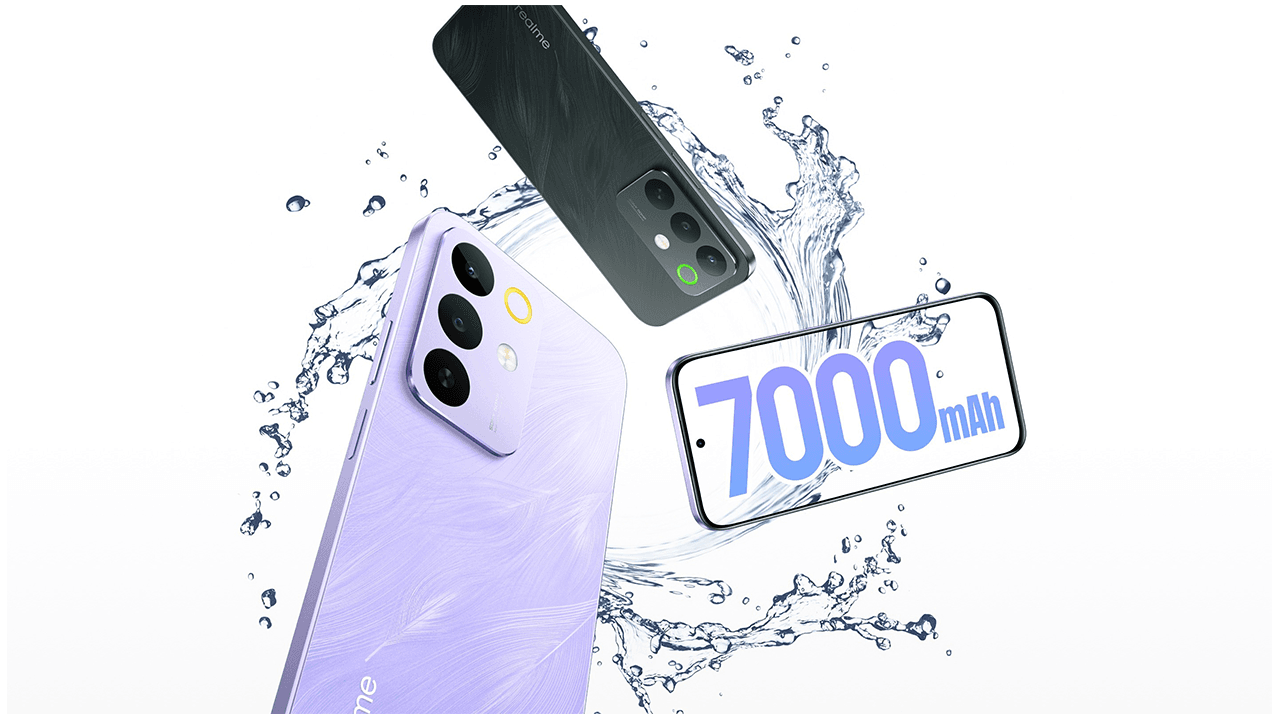Oppo Bets Big on AI: Chinese Smartphone Maker Sees Artificial Intelligence Driving Global Demand

Barcelona, Spain — Chinese smartphone manufacturer Oppo is optimistic about the role of artificial intelligence (AI) in reviving global smartphone demand, particularly in China and Europe. The company believes that AI integration will not only redefine how users interact with their phones but also encourage them to upgrade to newer devices more frequently.
Speaking to Reuters during the European launch of Oppo’s Find X9 Pro in Barcelona, Elvis Zhou, Oppo’s Chief Executive for Europe, said the company has already seen AI-driven interest reshaping consumer behavior in China.
“Our observation of the Chinese market tells us that AI will drive people to think about replacing their phones,” Zhou said, speaking in Mandarin through a translator. “With AI, we believe the overall smartphone market will also grow again.”
AI as the New Growth Engine
Oppo’s latest flagship, the Find X9 Pro, comes equipped with a range of AI-powered features—including advanced photo editing tools, real-time translation, and smart image recognition. These features are designed to appeal particularly to younger consumers, who have shown a strong appetite for intelligent functionalities that simplify daily tasks.
According to Zhou, Oppo’s internal surveys indicate that users under 35 are especially drawn to AI features, viewing them as essential for productivity and creativity rather than gimmicks.
“The enthusiasm we’re seeing among younger users shows that AI is not just a passing trend,” Zhou added. “I don’t think it’s a bubble for our industry.”
Addressing Fears of an AI Bubble
Zhou’s comments come amid mounting investor concerns about the rapid surge of AI-related investments worldwide. Over the past year, multi-billion-dollar commitments from tech giants such as Google, Microsoft, and NVIDIA have fueled fears of a speculative AI bubble reminiscent of the late-1990s dot-com boom—which eventually collapsed.
However, Oppo remains confident that AI’s impact on smartphones is fundamentally different. Instead of speculative hype, Zhou argued, the company sees tangible use cases—like generative image tools, enhanced photography, and smarter language processing—that are directly influencing purchasing decisions and driving real-world adoption.
Europe: Oppo’s Second Growth Engine
Zhou also emphasized that Oppo is doubling down on Europe, which he described as the company’s second-most important growth market after China. While many smartphone makers have struggled to gain traction in the region due to competition and pricing pressures, Oppo plans to focus on the premium segment rather than engage in a race to the bottom.
“We see Europe as a high-end smartphone market, where success depends not just on price, but on innovation, durability, and user experience,” Zhou said.
Oppo’s Find X9 Pro is expected to compete head-to-head with flagships like the Samsung Galaxy S26 Ultra and Apple iPhone 17 Pro, both of which are integrating advanced AI features of their own. Oppo’s approach, however, emphasizes on-device AI processing, which aims to improve speed and privacy by minimizing reliance on cloud computing.
Market Position and Outlook
According to company-provided data, Oppo ranked fifth among smartphone brands in Western Europe in terms of shipments during Q2 2025, maintaining a steady presence in a market dominated by Samsung and Apple. The brand’s strategy moving forward includes expanding retail partnerships, investing in AI R&D, and enhancing customer experience through software updates and long-term device support.
Industry analysts suggest Oppo’s AI-first strategy could prove to be a differentiator as consumers increasingly seek smarter and more personalized devices. If successful, it could help the company rebound from recent global shipment slowdowns and position it as one of the leaders in the next wave of smartphone innovation.
More Articles

OnePlus 15: Launch date, price in India, features, specs, and all the details you should know

Introducing Galaxy Z TriFold: The Shape of What’s Next in Mobile Innovation

Infinix GT 30 Pro Launches in India: Gaming Powerhouse with 1.5K AMOLED Display, Dimensity 8300 Chipset

iQOO 15 Review (2025): The Biggest Upgrade Yet in Power, Display & AI Performance

Apple Black Friday Sale in India: Biggest Discounts on iPhone 15, iPhone 16 Pro Max, iPhone 17 & More

Comments